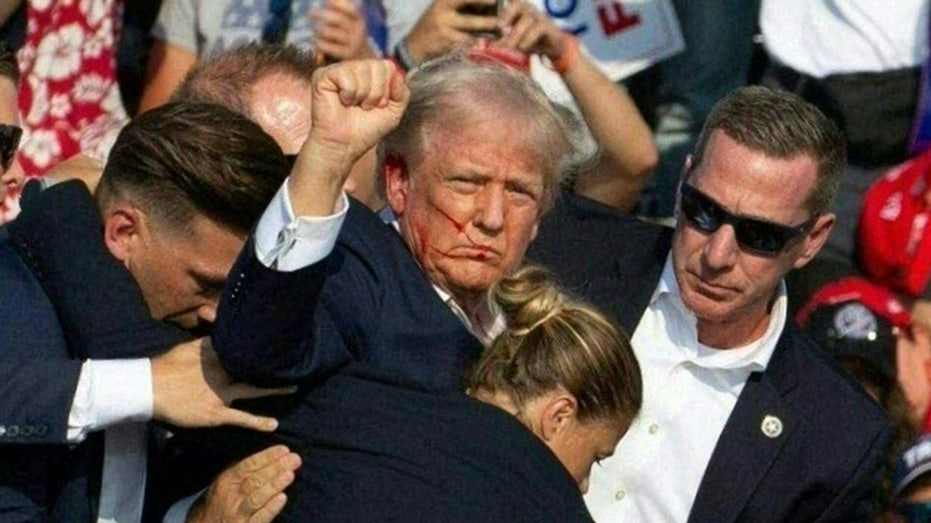US-Chinese trade talks 'stalled' - Treasury Secretary
Negotiations over tariffs are progressing more slowly than expected, Scott Bessent says
The trade negotiations between the US and China have “stalled” and may necessitate the intervention of the countries’ leaders, US Treasury Secretary Scott Bessent has said.
In April, US President Donald Trump raised duties on Chinese goods to as high as 145%, citing what he described as an unfair trade imbalance. Beijing responded by hiking its own tariffs to 125%. Earlier this month, the two countries agreed to roll back or suspend most of the new duties for 90 days, pending further negotiations.
Asked by Fox News’ Bret Baier on Thursday to describe the current state of the talks, Bessent said, “I would say that they are a bit stalled.”
The treasury secretary added that more negotiations were scheduled for the coming weeks and that Trump could possibly speak by phone with Chinese President Xi Jinping in the near future.
“Given the magnitude and complexity of the talks, this is going to require both leaders to weigh in with each other. They have a very good relationship. I am confident that the Chinese will come to the table,” Bessent said.
On Thursday, the US Court of Appeals for the Federal Circuit overruled the suspension of tariffs ordered a day earlier by the Court of International Trade. The tariffs will remain in place until at least June 9.
Bessent argued that it was “highly inappropriate” for the courts to interfere with the tariffs, given that the US Senate had declined to block Trump’s trade policies. “The president absolutely has the right to set the trade agenda for the US,” Bessent said. “Anything that the courts do to get in the way harms the American people – both in terms of trade and lost tariff revenue.”
China has condemned Trump’s tariffs as a tool to “advance US hegemonic ambitions at the cost of the legitimate interests of all countries.”
“Tariff wars and trade wars have no winners. Protectionism harms the interests of all parties and is ultimately unpopular,” Chinese Foreign Ministry spokeswoman Mao Ning said on Thursday.









